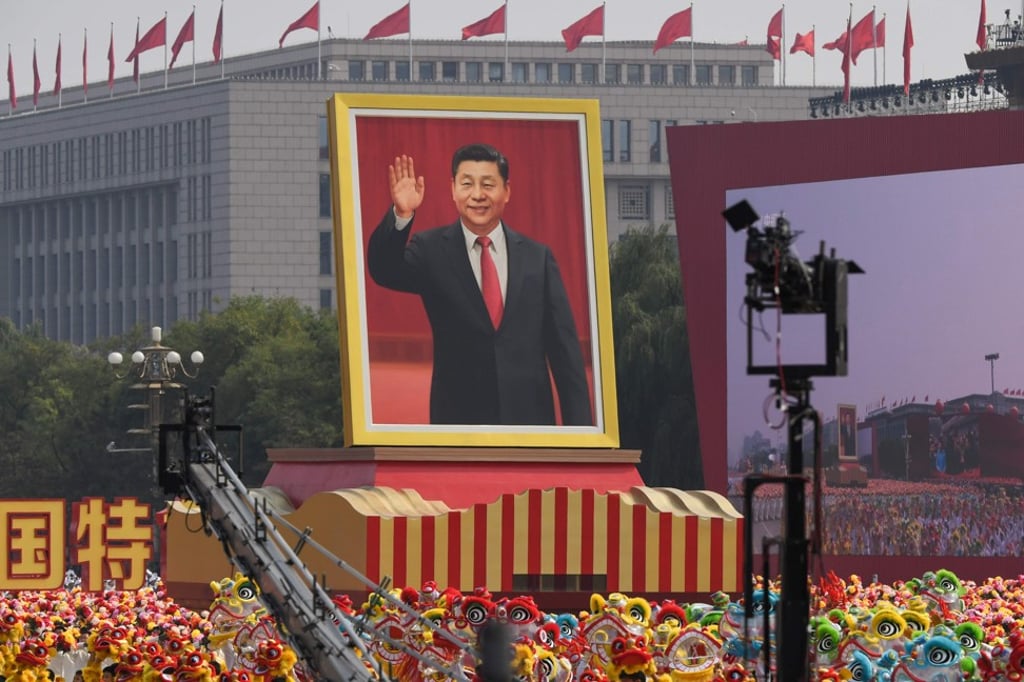Review | Why China must complete the transition to political democracy for the sake of Communist Party legitimacy – philosopher’s new book
- In Democracy in China, author Jiwei Ci says the foundations are laid for political change, but it will only take shape after President Xi Jinping’s reign ends
- He argues China can complete a process that’s already under way – ‘a transformation with only the last, political steps left to be taken’

Democracy in China: The Coming Crisis, by Jiwei Ci, Harvard University Press, 4 stars
It somehow always feels in season to ponder when the Chinese Communist Party will have to grapple with a real challenge to its rule, and to discuss whether democratic governance is in China’s future.
In Democracy in China: The Coming Crisis, Jiwei Ci, a philosophy professor at the University of Hong Kong, makes an elaborate but cogent argument about how the party will only overcome its illegitimacy, along with other tears in the national fabric, by choosing to usher in political democracy, a change that Ci declares is “of dire necessity rather than moral luxury”.
Unlike those who predicate China’s embrace of democracy on the fall of the party, Ci envisions that as the party continues to confront crises involving its legitimacy and strains to “perform well” for its population, top leaders will wisely seek out a parachute to stave off the party’s annihilation. The party would still be indispensable, its eventual sharing of power and influence being essential not only to its own survival but to the health of Chinese society.

Ci argues that China, largely due to advances made since the early 1990s, is already democratic in the sense that society possesses “equality of conditions”. That term, taken from Alexis de Tocqueville, entails a “basic human sameness … captured in such notions as universal human rights, careers open to talents, and equality of opportunity”.